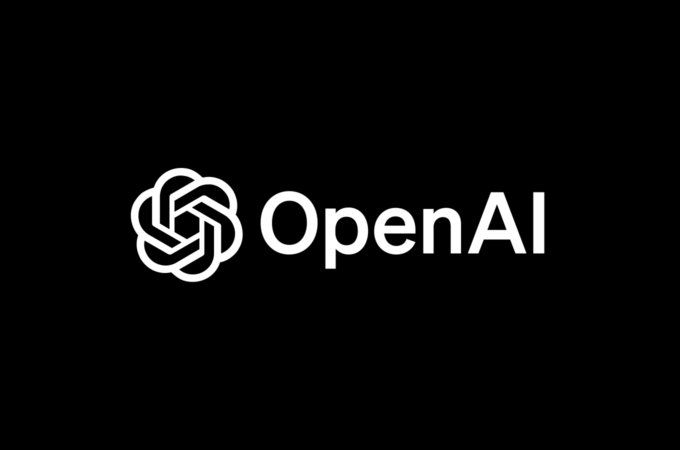
OpenAI Co-Founder’s Safe AI Venture Secures $1B, Sparking Fintech Interest
Ilya Sutskever, the former chief scientist of OpenAI, has made waves in the tech and finance sectors with his new venture, Safe Superintelligence (SSI). The startup, focused on developing safe artificial intelligence systems that surpass human capabilities, has secured a staggering $1 billion in funding from prominent investors.
SSI’s funding round, which values the company at an estimated $5 billion, has attracted high-profile backers including Andreessen Horowitz (a16z), Sequoia Capital, DST Global, and SV Angel. NFDG, an investment partnership co-run by SSI CEO Daniel Gross, also participated in the round.
The substantial investment in a company with only 10 employees underscores the growing interest in AI safety within the fintech community. As AI continues to reshape financial services, from algorithmic trading to risk assessment, the development of safe and superintelligent AI systems could have far-reaching implications for the industry.
Sutskever, who co-founded SSI with Daniel Gross and Daniel Levy, emphasized the company’s unique approach. “We’ve identified a mountain that’s a bit different from what I was working on,” Sutskever told Reuters, hinting at a departure from his previous work at OpenAI.
Unlike many AI startups that focus on commercialization, SSI plans to dedicate the next few years solely to research and development. The company aims to create a single product: a safe superintelligence. This focused approach could potentially lead to breakthroughs in AI safety that would benefit various sectors, including finance.
The funding will primarily be used to acquire computing power and attract top talent. SSI, with offices in Palo Alto and Tel Aviv, is actively recruiting researchers and engineers who align with its mission.
For the fintech industry, SSI’s progress could have significant implications. As financial institutions increasingly rely on AI for complex decision-making, the development of safer, more advanced AI systems could enhance risk management, improve fraud detection, and enable more sophisticated financial modeling.
However, some experts caution about the challenges of creating truly safe superintelligent AI. Critics point to the current limitations of AI systems in tasks requiring common sense reasoning and contextual understanding.
Despite these concerns, the substantial investment in SSI reflects a growing recognition of the importance of AI safety in the tech and finance communities. As AI continues to evolve, the race to develop safe superintelligence could reshape the landscape of both artificial intelligence and financial technology.
The financial backing of SSI also highlights a shift in investor focus. While many AI companies have pursued rapid commercialization, SSI’s emphasis on long-term research and safety has still managed to attract significant capital. This could signal a broader trend in the AI and fintech investment space, with increased attention on foundational research and safety considerations.




